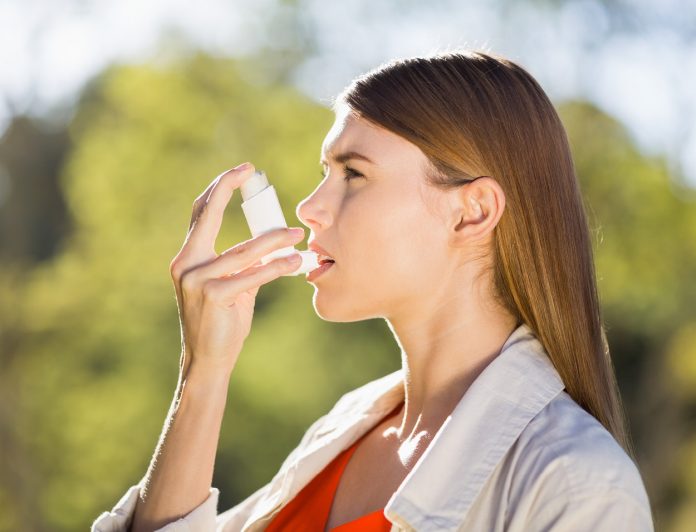Suwanee ENT offers a variety of effective treatment options for eliminating allergy symptoms.
By: Matthew T. Gill, MD, Suwanee EMT
Allergic rhinitis is a common condition where exposure to certain environmental substances causes an immune-mediated reaction in the nose and upper airway. Symptoms include itching of the eyes, ears, nose and throat, watery eyes, sneezing, nasal congestion, clear runny nose, postnasal drip and cough. Allergens can occur seasonally (tree, grass, and weed pollens) or throughout the year (dust, mold, and cat or dog dander). Allergy sufferers may experience fatigue and miss time from work or school due to worsening symptoms.
Ways to treat your allergies
Avoidance
The first step to treating allergies is to avoid, when possible, the offending allergen. This is difficult to do with pollens, especially when the pollen count outside is very high. Consider avoiding outdoor activities in the early morning when pollen counts are highest and on especially dry and windy days. For people with grass allergies that need to do lawn work, they may wear a mask while mowing and then immediately shower and change clothes after coming inside. Fortunately, there are concrete steps that can be taken to mitigate exposure to dust and mold at home. These include frequent laundering of bed linens in hot water, use of dust resistant mattress and pillow covers, and purchasing a HEPA filter for the bedroom. The home should be inspected for possible sources of mildew or mold. Overlooked areas include potted plants and refrigerator drip pans which can harbor mold.
Medications
There are several different types of allergy medications available, most of which are now available over the counter. The most commonly used are anti-histamines and nasal steroid sprays. Taken regularly, in combination, these can provide significant symptomatic relief. Anti-histamines work quickly and are most effective at combating the symptoms of itching and sneezing. Nasal steroids reduce the inflammatory response in the tissues lining the nose but can take up to a month of regular use to achieve maximal effect. If you have significant pollen allergies you should begin using a nasal steroid spray for several weeks before the start of pollen season. Saline sprays or irrigations (i.e. Neti Pot) help to flush out inhaled allergens as well as the copious secretions the nose produces in response to allergen exposure. Regular use of a saline irrigation can significantly improve allergy symptoms of congestion and postnasal drip.
Immunotherapy
For patients with persistent symptoms, despite appropriate allergen avoidance and medications, or who are tired of frequent medication use, immunotherapy (i.e. allergy shots or drops) provides another level of treatment. This gets to the root cause of allergies by modulating or re-training the immune system so that it no longer produces an undesired response to allergens. Immunotherapy builds a person’s tolerance to the allergens by frequent exposure to the offending allergens in a step-wise and controlled manner. This may require significant time and effort on the patient’s part but can lead to better long-term relief.
Nasal allergies can frequently lead to other problems including middle ear infections, sinusitis, hoarseness, and asthma exacerbations. If allergy symptoms are negatively affecting your quality of life or leading to other complications you should seek help from a physician. Though pollen season can be an unpleasant part of living in the Southeast, fortunately, there are a variety of effective treatment options available.
















